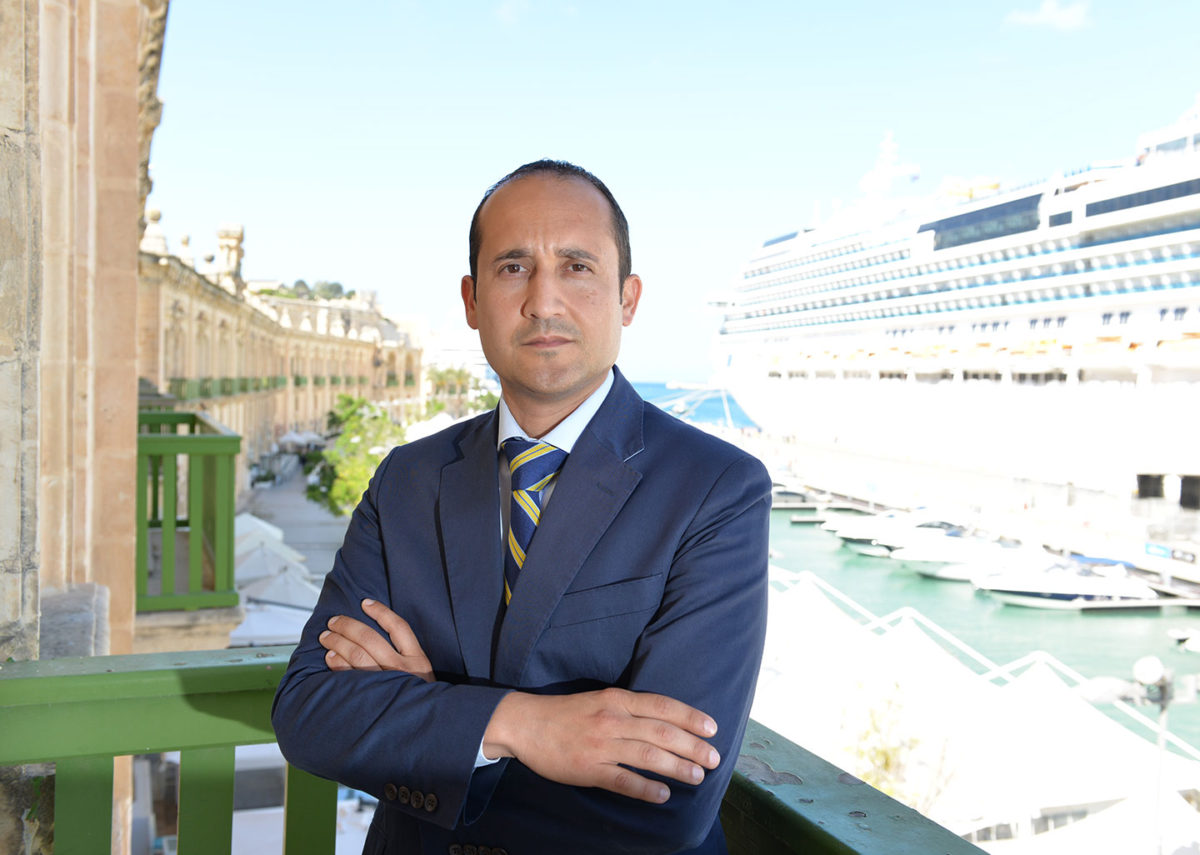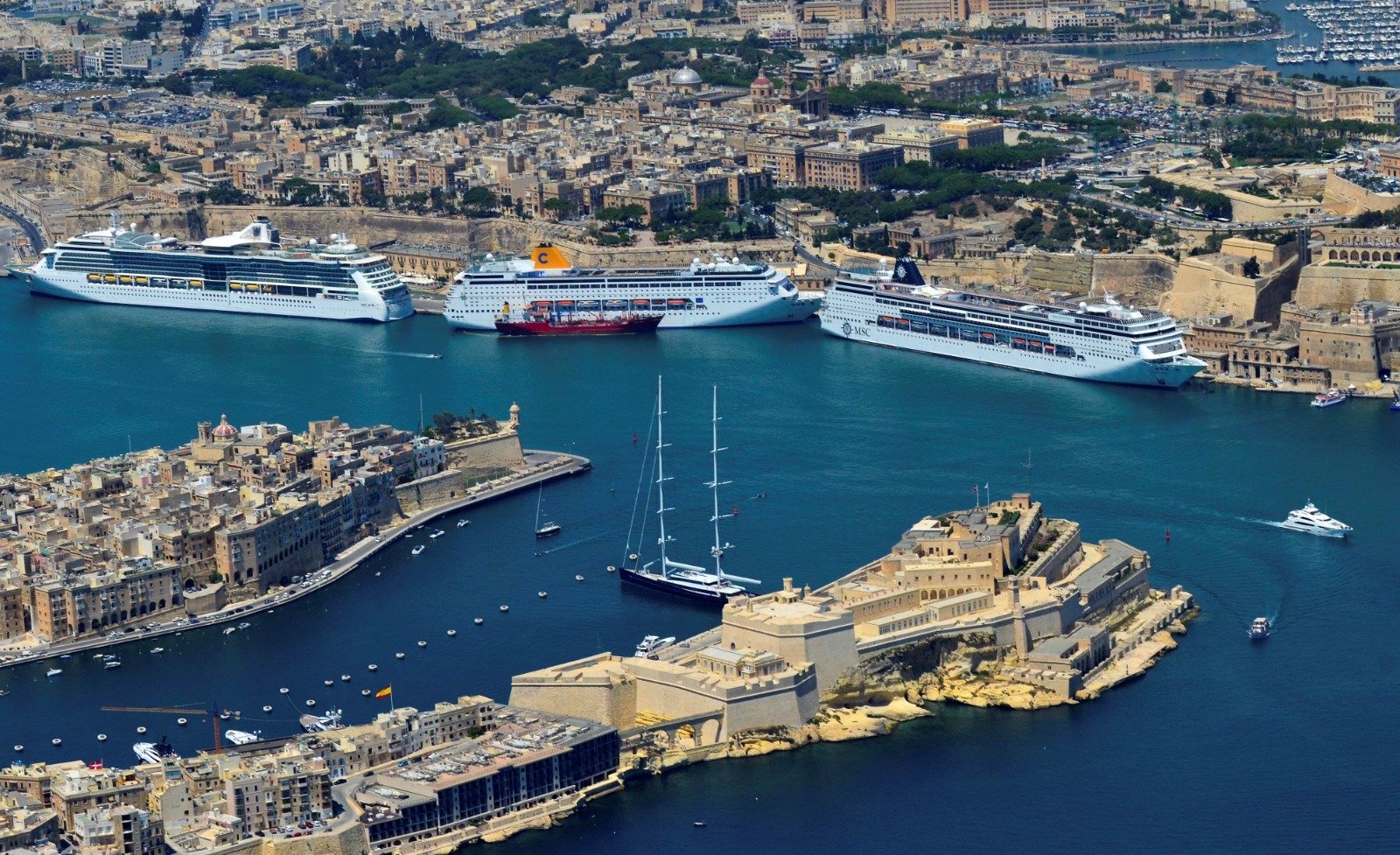Valletta Cruise Ports chief executive, Stephen Xuereb, recently delivered a frank assessment of the cruise industry’s ability to meet the ambitious targets set by the European Union to green its economy.
The EU’s Fit for 55 agenda, which seeks to decouple its continuing growth from increases in carbon emissions, was the subject of a panel discussion held at Seatrade Cruise Med, a major industry tradeshow held earlier this month in Malaga, Spain.
Mr Xuereb, speaking in his capacity as COO of Global Ports Holding, Valletta Cruise Port’s parent company, said: “2030 is around the corner. The targets set are pretty aggressive but we need to get going.”
He was referring to the Fit for 55 proposal that, from 2030, cruise ships staying for more than two hours in a EU TEN-T port, such as Valletta, would have to connect to shore power unless they used another zero-emission technology for all energy needs whilst in port.
The proposals include exceptions for unscheduled calls for safety and emergency reasons, and when calling into a port with incompatible connection points between the shore installation and the onboard power equipment – although the latter may not be used more than five times in any single year come 2035.
Zero-emissions technologies include electric propulsion, batteries, hydrogen fuel cells and auxiliary renewable energy, wind and solar power.

Mr Xuereb continued: “We are conscious costs are high, but it is eight years away. We need to bring all stakeholders together. The ports can’t do it alone, the cruise lines can’t do it alone, we need to collaborate as this is very challenging.”
In effect, EU ports that are not ready to provide shore power or zero-emission technologies may suffer from a loss in competitiveness.
According to Cruise Lines International Association – Europe, represented at the event by its director of public affairs Martin Griffiths, seven per cent of cruise berths in Europe can offer shore power or will be getting shore power in the next five years.
Linden Coppell, MSC Cruises’ VP on for sustainability and ESG, added that “the difficulty for cruise lines is we are having to start investing in these technologies without knowing where and what types of green fuel is going to be available at ports.”
She speculated that cruise lines “will have to look at our itineraries and possibly only go to EU ports where alternative fuels are available [for bunkering].
“I guess this is incentivising the ports to start looking at these technologies if they are relying on the cruise industry for business.”
Grand Harbour Clean Air Project
The Grand Harbour Clean Air Project (GHCAP) will allow Malta to meet those targets by reducing more than 90 per cent of the air pollution emitted by large vessels.
Work on the project started in late 2020, after the European Commission included the GHCAP in a list of 140 transport infrastructure projects across Europe that will be co-financed through Connecting Europe Facility, the European Union’s scheme for sustainable transport infrastructure.
Two years since its birth, Moneybase features on Microsoft’s Customer Stories
Moneybase has now just been featured on Microsoft’s latest Customer Stories
Finance Minister confirms continuity of food and energy subsidies
Spending on food and energy subsidies as a percentage of the GDP will be at 0.7% in 2025
MHRA congratulates Glenn Micallef on EU role, highlights positive impact on Malta’s tourism and cultural sectors
The lobby group emphasised that Malta’s cultural assets and sports scene are key factors in attracting visitors and fostering economic ...






